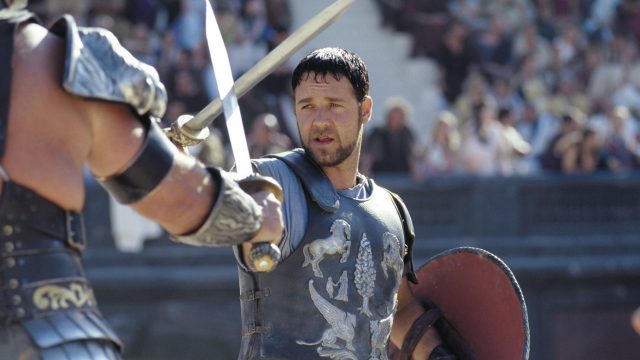CS Interview: Producer Douglas Wick Talks Gladiator
It’s hard to believe that Gladiator turned 20 years old this year — 20 years old! And the film still looks and feels like something that could have been released yesterday. To commemorate Ridley Scott’s classic achievement, we sat down and spoke with Academy-Award winning producer Douglas Wick, who discussed the making of the film, its legacy and…









